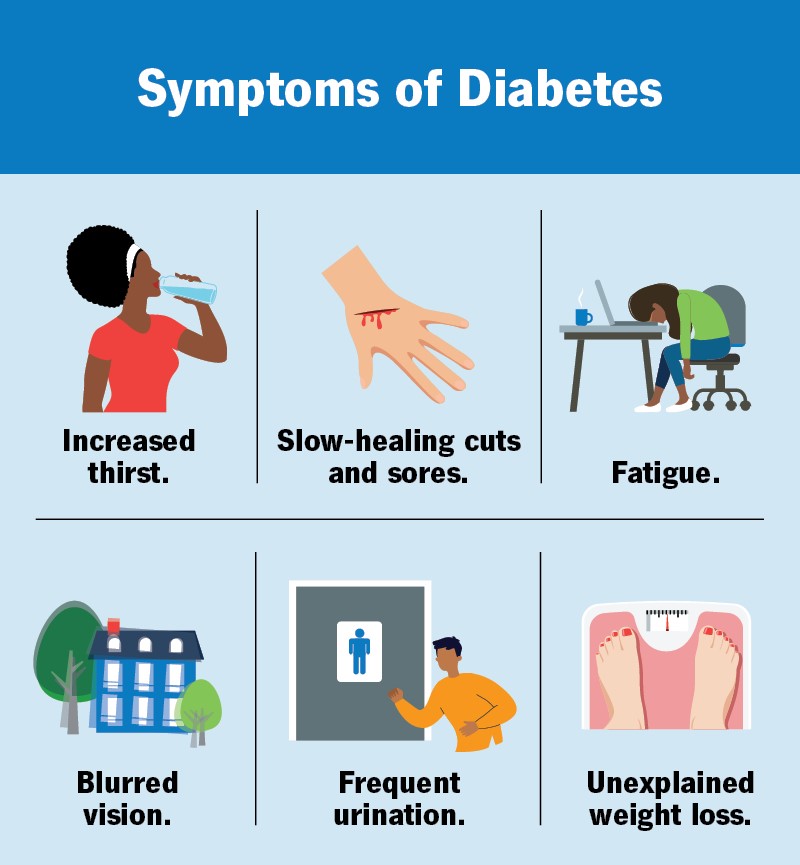CHRISTIANSTED — Diabetes continues to be a growing health crisis in the Virgin Islands, with the Department of Health calling it a “silent epidemic” affecting over 11,600 adults.
The Virgin Islands Diabetes Center of Excellence (VIDCOE) is now urging for greater public funding and strategic collaboration to combat the disease’s alarming rise, which saw an increase in prevalence from 15.3% in 2022 to 16.6% in 2023, according to a 2023 Behavior Risk Assessment Survey.
VIDCOE provided details of its work and the actions that must be taken to combat diabetes in the territory before the Committee on Health, Hospitals, and Human Services this week.
It was an opportunity for the committee to evaluate the Center’s request for increased public funding of $800,000 for a total of $1.2 million.

“Here in the Virgin Islands, diabetes is the sixth leading cause of death,” shared Dr. Julia Sheen, VIDCOE’s director. “Our goal is to reduce the burden of diabetes and improve the quality of life for persons living with diabetes and those at risk for diabetes,” she added. However, Dr. Sheen told lawmakers that achieving that goal will require significant collaboration with local government authorities.
“We need to work together to develop some sort of strategic plan for the territory,” she told Senator Novelle Francis. He questioned what was “missing in terms of being able to continue to make this community aware.” According to Ms. Sheen, “unless we come up with some sort of action plan for everybody to be working towards addressing this issue, we won’t really be able to see us move the needle.”
Better communication too, said Health Commissioner Justa Encarnacion is “definitely warranted.” Assistant Commissioner, Dr. Nicole Cragwell-Syms added that “acceptance and having persons…understand what is happening is a key factor.” She told lawmakers that the public must learn to “ break through some of the stigmas that are associated with chronic disease,” including diabetes.
The discussion on how to prevent and effectively treat diabetes piqued the interest of lawmakers, who took the opportunity to make suggestions. Senator Kenneth Gittens, for his part, encouraged a robust public education campaign. His recommendation was based on regular observation. “When you go into the stores…you should see the items being picked up for our children…The amount of sweets and whatnot. It is truly concerning.” He called for public service announcements targeting children to promote a better understanding of the impact of what they eat.
VIDCOE is in the process of doing just that, representatives said. They plan to roll out education campaigns focused on diabetic health complications, diabetes and exercise. A campaign on how to effectively read food labels will feature a supermarket walkthrough to expose the public to practical examples, lawmakers were told.

Public service announcements, however, are only one aspect of the work VIDCOE plans on doing to help prevent and treat diabetes. Currently headquartered in St. Croix, the representatives said the organization will soon occupy a space on the 5th floor of the Schneider Regional Medical Center on St. Thomas as well. “We should start providing services this month,” Dr. Sheen announced. It’s a welcomed partnership, said SRMC CEO Tina Commissiong. “We’re supportive of the work that VIDCOE is embarking on to add to the healthcare that’s currently available in our community.”
Even with working primarily in St. Croix thus far, VIDCOE has already served 2,210 diabetic patients. Plans to increase accessibility to its services, having recently purchased a “telemedicine mobile unit,” are also underway.
Health Commissioner Encarnacion appealed to the government to support the work associated with preventing diabetes before the illness becomes life-threatening. “The cost benefits of preventive healthcare are well documented,” she testified. Committee chair Senator Ray Fonseca agreed, stating the preventative action is “much cheaper to the Government of the Virgin Islands than the treatment.”
